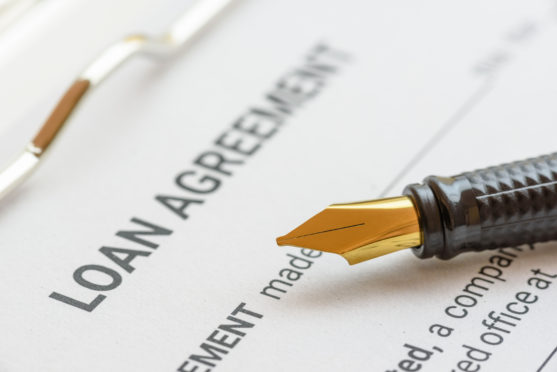
One in six adults have already missed or expect to skip a loan repayment due to the impact of coronavirus, a survey has found.
However, nearly two-thirds of those affected said they had not yet asked their lender if they could take a payment holiday.
Some 16% of people surveyed had already skipped or expected to miss payments to lenders, such as those providing mortgages, personal loans, credit cards, or debt management plans, according to research for free credit report provider Credit Karma UK.
Of those surveyed who will, or expect to miss payments, 19% had requested and had a payment holiday approved and 18% had applied and were awaiting approval. But nearly two-thirds (63%) said they had not yet applied.
Among those who had not applied, some said they did not think they would be eligible, were unsure how to go about it or were concerned about the impact of a break on their credit score.
Some had cancelled direct debits without speaking to their bank first – something which may well damage their credit score. Some people were also turning to high-cost payday loans or family members to make ends meet.
Generally, agreeing to permission for a temporary payment holiday with a lender in advance will significantly reduce the risk of there being an impact on a borrower’s credit score.
Credit reference agencies Experian, Equifax and TransUnion have already said that consumer credit scores will be protected in cases where lenders have agreed to push the pause button on people’s regular loan repayments.
With many lenders offering payment holidays and other temporarily relief such as £500 interest-free overdraft buffers during the pandemic, Credit Karma is urging people to apply to lenders for help if they need it well in advance, to avoid the risk of unauthorised missed payments denting their credit score.
It said some forms of financial relief may not kick in immediately as lenders may take some days to approve applications, so borrowers should factor this in.
Akansha Nath, a senior director at Credit Karma said: “Credit reporting agencies have agreed that any consumer using an ’emergency payment freeze’ for those affected by coronavirus won’t see their credit score impacted. So for those in financial distress, it’s a key lifeline. But these arrangements are rarely put in place overnight.
“You’ll need evidence that your repayment holiday has been approved by your lender, and this can take time. Borrowers should try to engage in a dialogue with their lender as soon as they’re concerned that they may miss a payment, as defaulting will have an impact on your score.”
More than 2,000 people were surveyed by Opinium across the UK between April 9 and 11.

Enjoy the convenience of having The Sunday Post delivered as a digital ePaper straight to your smartphone, tablet or computer.
Subscribe for only £5.49 a month and enjoy all the benefits of the printed paper as a digital replica.
Subscribe